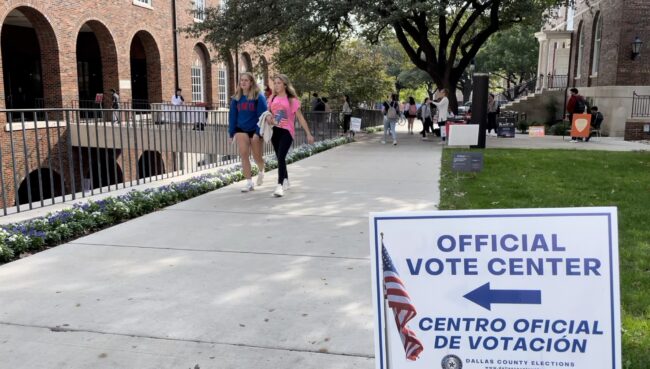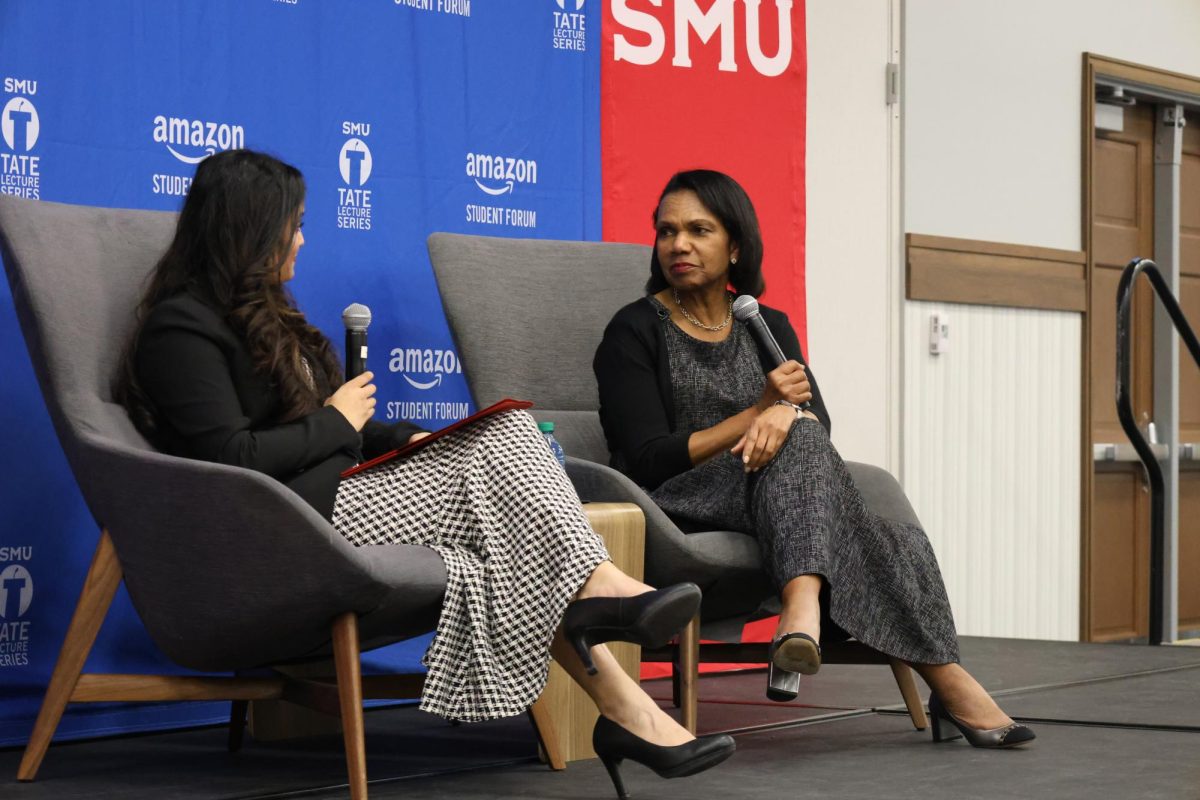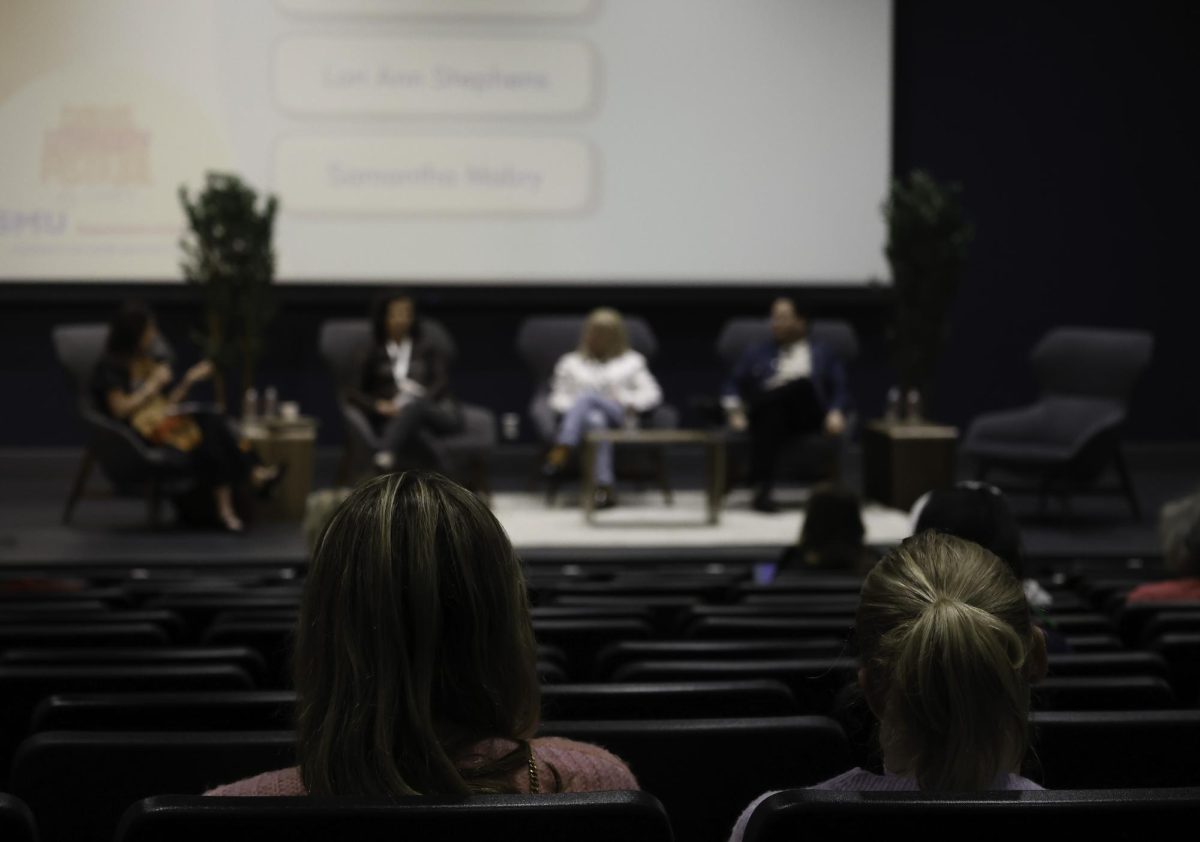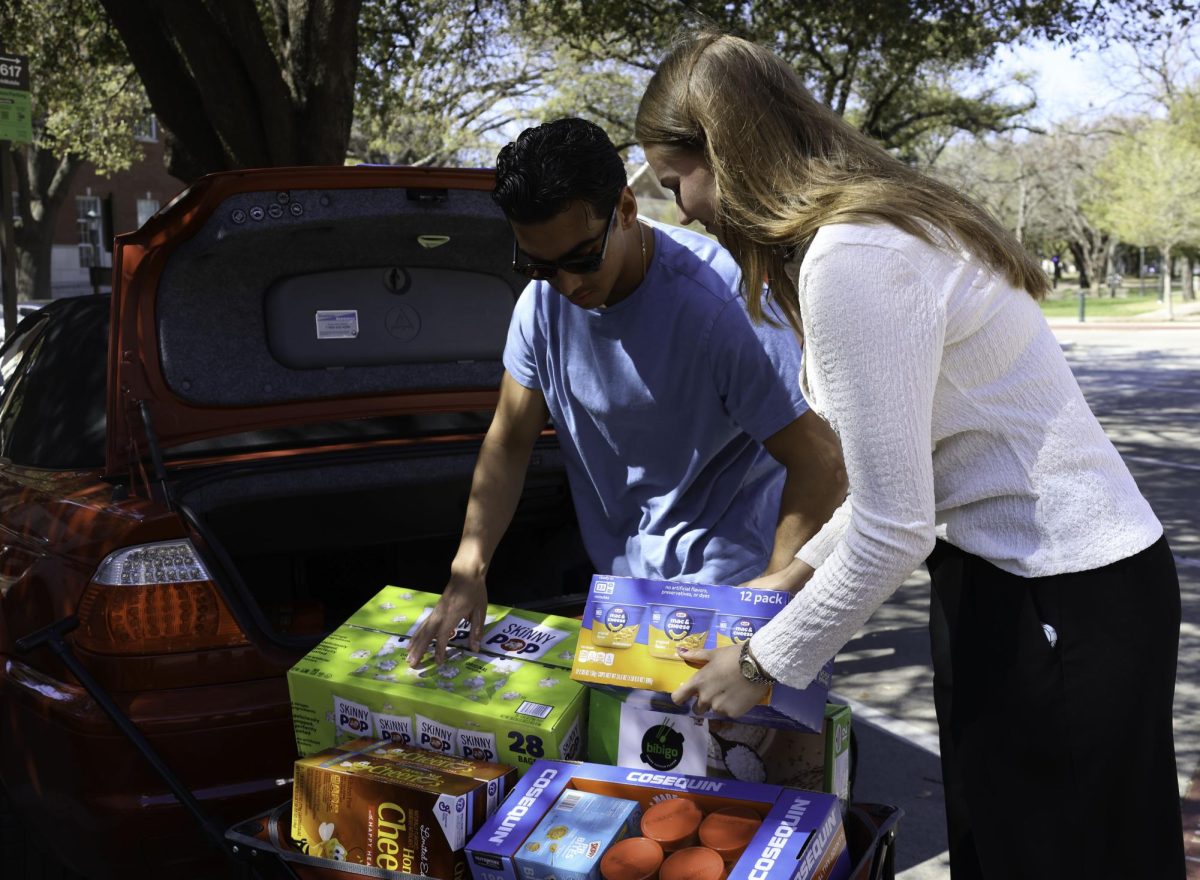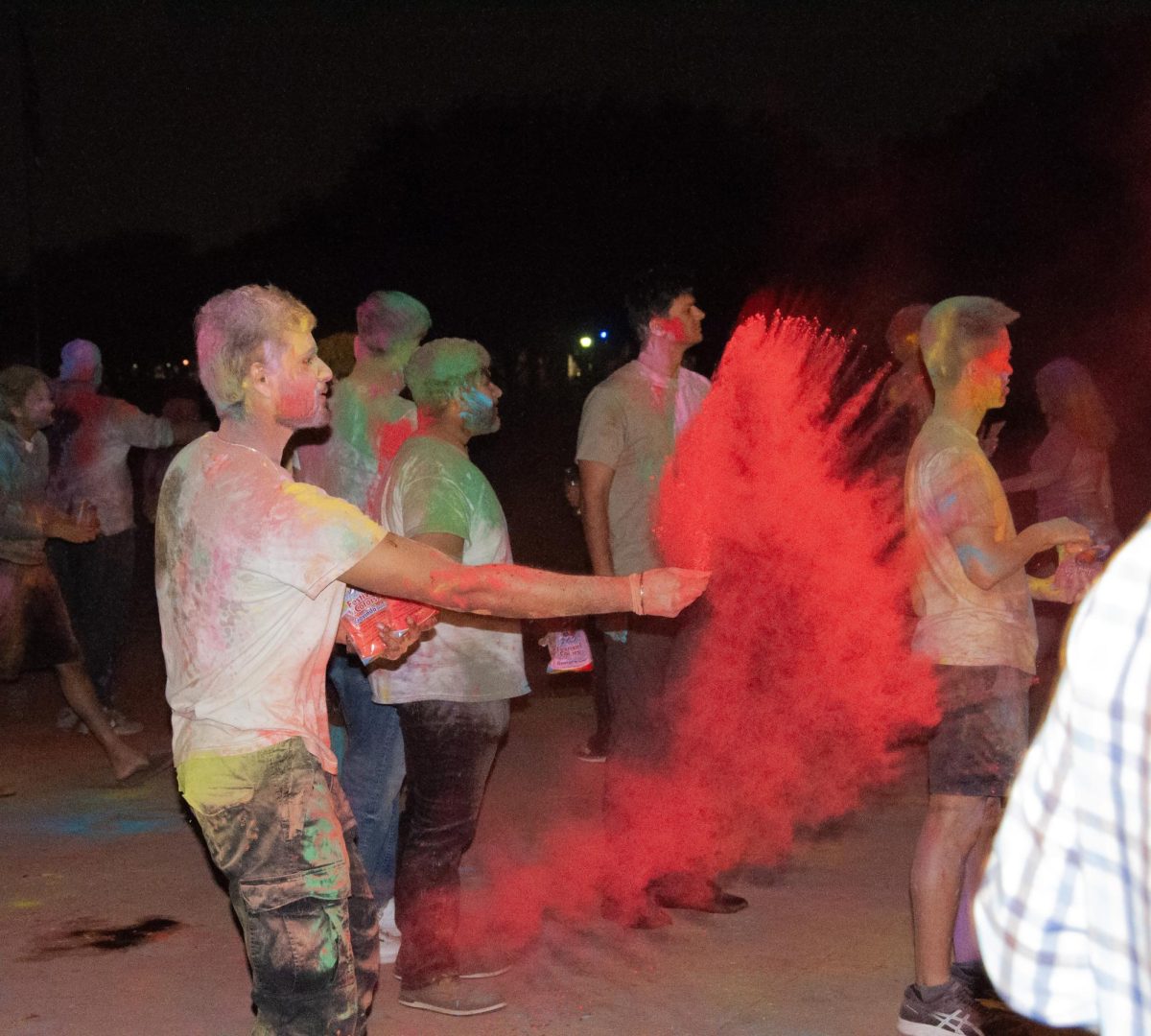Advocates for voting rights and student civic engagement are criticizing a Texas lawmaker’s plan to ban polling places from college campuses, noting that the bill highlights a pattern of young voter disenfranchisement in Texas.
Although recent Democrat turnout has been driven by young people, the Republican Representative proposing the bill put out a statement last week insisting the bill’s intent surrounds campus safety rather than partisan priority.
Students on SMU’s campus, a known and efficient polling location, worry that if this bill is passed, it would greatly reduce a student’s opportunity to vote.
In recent years, the SMU Votes Project has been encouraging SMU students to be civically engaged by granting access to voting guides, information on ballots and registration, and promoting engaged campus culture that empowers students to vote.
Hearing about House Bill 2390 was not shocking considering the pattern of young voter disenfranchisement in Texas, said Tulsi Lohani, a sophomore at SMU who serves as the student coordinator for the Student Senate Democracy Fellowship program – a program acclaimed for its creation of the SMU Votes Project.
“It rather made me appalled, that representatives that solidify a gerontocracy of increasingly older government officials in a younger United States, are limiting where and how young people can vote,” Lohani said.
The 124-word House Bill 2390 is brief and concise, lacking much explanation. It would disallow designated polling place locations on campuses of “institutions of higher education.”
In a recent release, author of the bill, Texas Rep. Carrie Isaac, a Republican from Hays County, cited the bill’s objective as keeping strangers away from school campuses during the long voting period in Texas.
“We’re open for two weeks, every day, and I don’t believe it’s wise that we invite people onto our campuses that would not normally have a purpose on our campus,” Isaac said in a release.
House Bill 2390 has caused an uproar amongst organizations across Texas that fight to protect voting rights. Washington D.C.-based organization Common Cause, for example, has been at the front lines of voting rights issues.
The bill “says the quiet part out loud in terms of an intentional effort to suppress student votes, or to make it harder for young voters who are already facing unique barriers to be able to cast their ballot,” said Katya Ehresman, the Texas voting rights program manager at Common Cause.
Given the fact that Texas Rep. Carrie Isaac supports campus carry and other gun laws that make college an unsafe environment for students, the bill is not about safety, but instead an intentional effort to discriminate against students, Ehresman said.
Although possible solutions to combat this bill are put forward by voting rights groups like Common Cause, such as supplementing state intentional efforts for student voters by providing buses for transit to voting locations, the bill’s narrative has unnerved student voting groups on campuses such as SMU who are currently working hard to incentivize student voting.
In 2022, the SMU Votes Project registered nearly 500 students and successfully brought out 1,041 people to vote, with nearly 51% of registered voter turnout at SMU taking place at the campus’ Hughes-Trigg Student Center, Lohani said.
“But had that location been barred, with zero basis nor explanation, where would those people have gone? Frankly, I couldn’t tell you,” he said.
Advocates mobilizing against voter suppression see the bill as a major setback because of the roadblocks a lot of students already face regarding accessibility to polling locations.
Only 50% of college campuses had a polling location in 2022, and that gets even smaller at HBCUs, where only three campuses had a polling location on Election Day, Ehresman said.
“And that’s part of why we are under the national trend of 27% of eligible, young 18- to 24-year-old student voters casting their ballot,” she said. “It’s because they already have that barrier of not having a polling location. Some counties are proactively encouraging students to vote, and this bill would just penalize that proactive encouragement.”



